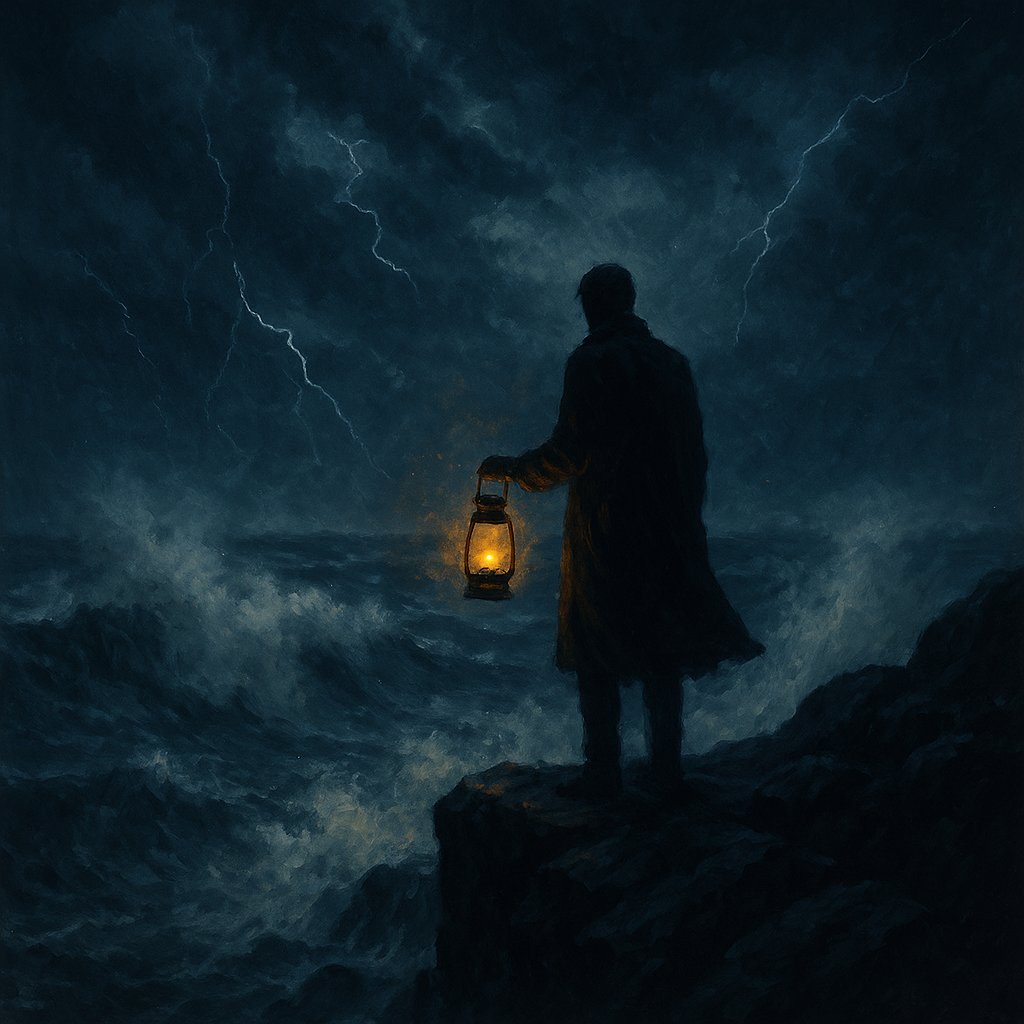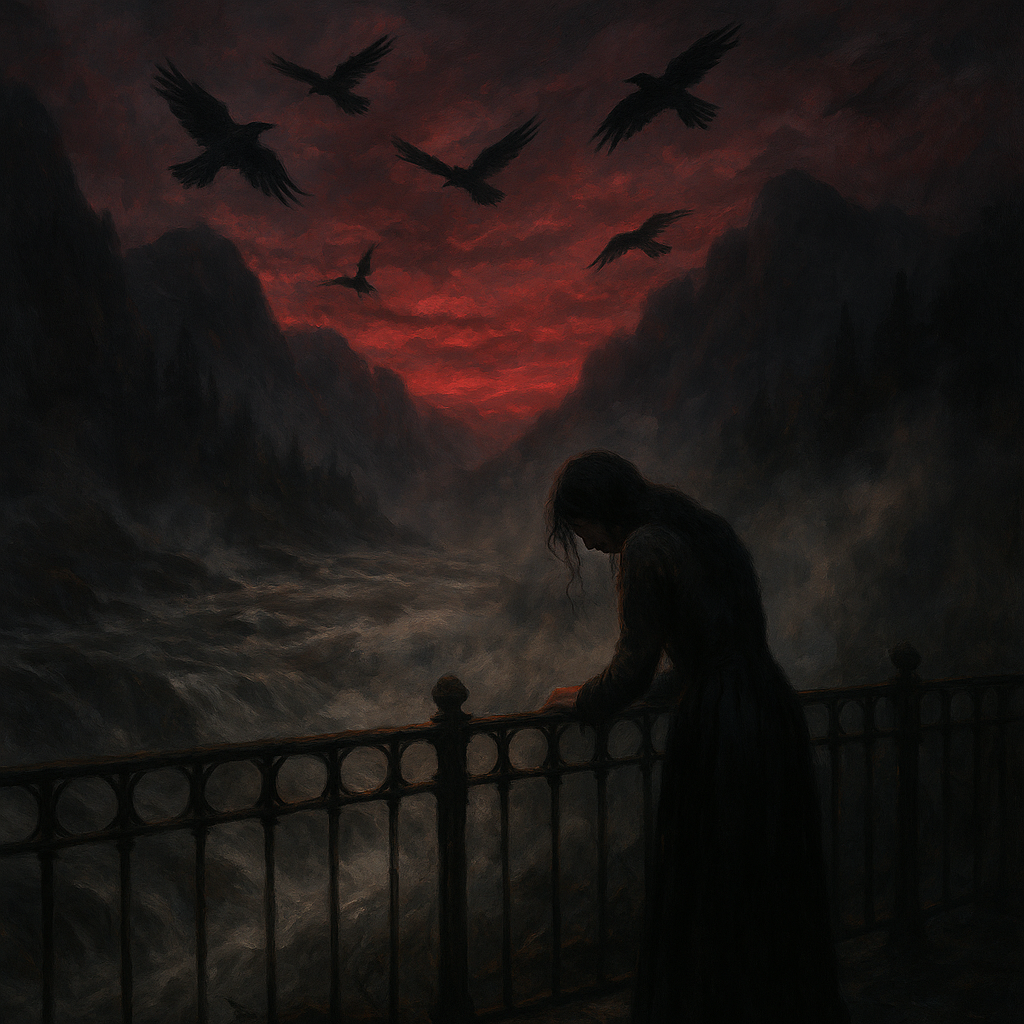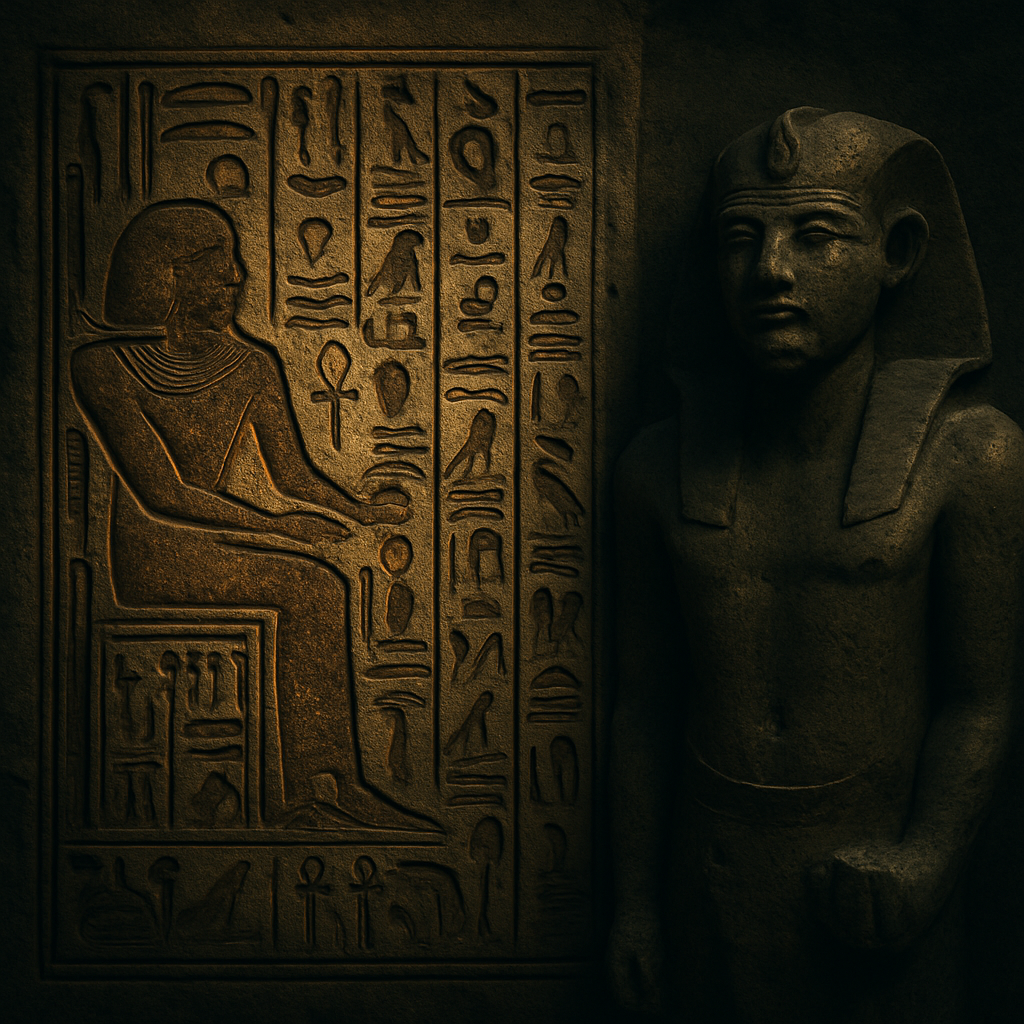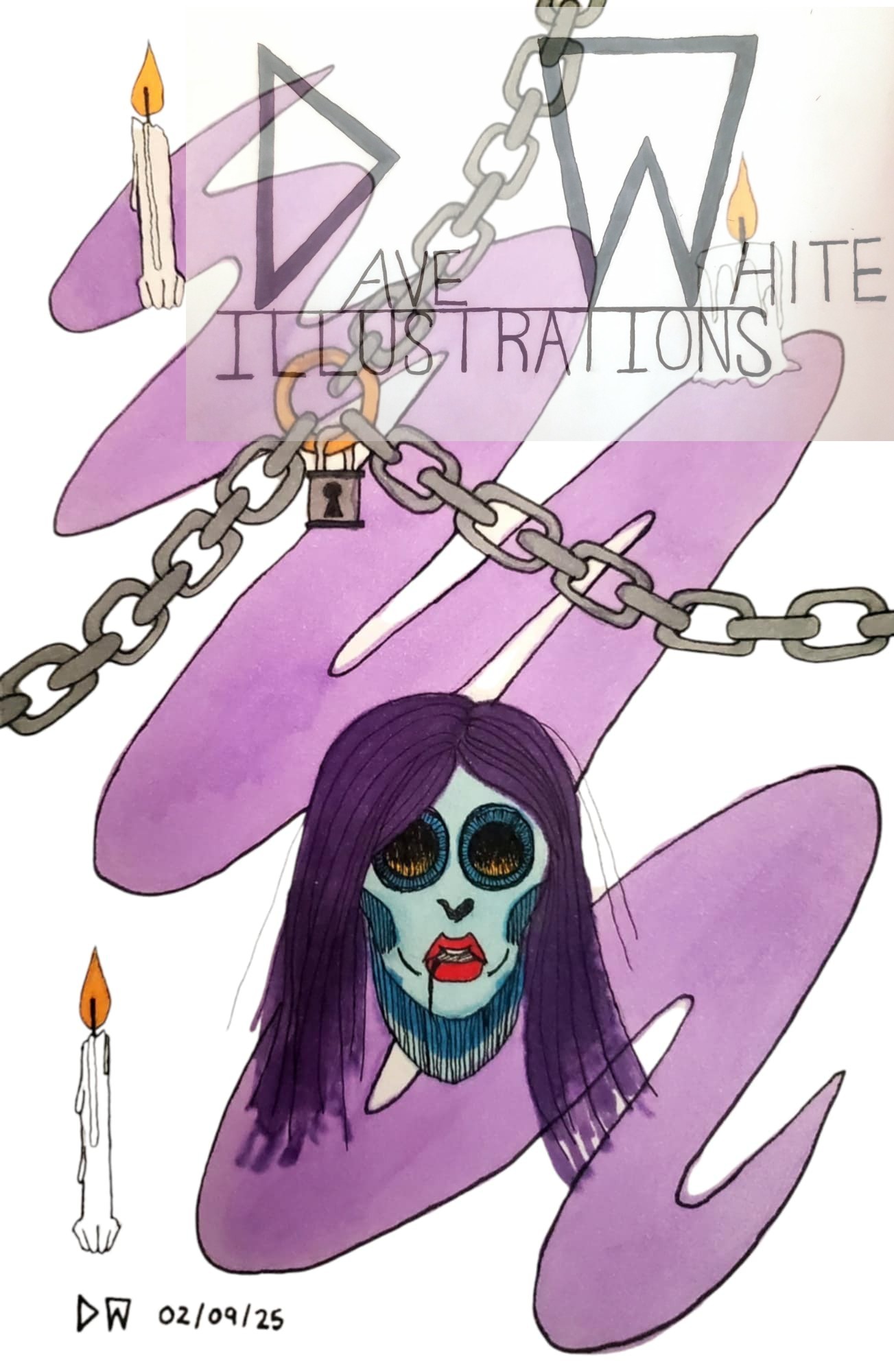“Truth is, everybody is going to hurt you. You just gotta find the ones worth suffering for.”
—attributed to Bob Marley
There are words that lodge themselves into the marrow of your bones, words that do not let you forget them. This is one of them.
Because hurt is inevitable. It comes dressed as betrayal, as silence, as abandonment, as the sharp edge of careless words. It comes from strangers and, more cruelly, from the people you once swore were safe harbors. The ache is not a possibility—it is a certainty. The only choice we have is who deserves the bleeding.
The Weight of Discernment
Over the years, I have learned the hard truth: not all wounds deserve mourning. There are people who will take your kindness like thieves in the night, leaving you emptied of both love and breath. Their absence is not tragedy—it is release. These are not the people worth fighting for.
But there are others—rare and luminous. They may wound you, yes, but not with malice. Their mistakes bear the weight of love, of trying, of being human. And when they hurt you, they stay. They do not vanish into silence. They fight, too.
These are the ones worth the ache, worth the long nights of stitching your heart back together, worth your prayers and your presence.
Grief as a Teacher
When I buried my daughter, many disappeared. Grief, it seems, is too heavy for most to carry even at a distance. Yet some stayed. They did not offer hollow words. They did not rush me into healing. Instead, they sat with me in the silence, their hands steady when mine trembled.
In their company, I learned that pain shared becomes less suffocating. Their love did not erase the wound, but it made survival possible. These are the people who teach us that suffering, in its rawest form, can also be an act of love.
The Balance Between Guarding and Giving
Audre Lorde once wrote, “Caring for myself is not self-indulgence, it is self-preservation, and that is an act of political warfare” (Lorde, A Burst of Light, 1988). Her words remind me that choosing where to place my fight is not just emotional wisdom—it is survival.
Boundaries are the shields we forge from experience, but to fight for someone is to lower them willingly. It is to say, I know you may hurt me, but I also know you are worth the healing.
Who Deserves Your Fight?
This is the question we must all answer.
Who stood by you when silence was unbearable?
Who reached for you when your world caved in?
Who saw both your chaos and your calm and did not turn away?
These are the people worth your tears, your battle, your resilience.
Because, in the end, the fight is not about them alone—it is about protecting the fragile, beautiful parts of ourselves that still believe in love, loyalty, and hope. The parts that refuse to let cruelty harden us into stone.
So the next time you ask yourself, Who deserves my fight?—remember this: you are not meant to fight for everyone. Only for the few who stand when others flee. Only for the ones who have proven that your scars are safe in their hands.
Works Cited
- Lorde, Audre. A Burst of Light: Essays. Firebrand Books, 1988.
- Quote often attributed to Bob Marley. (Note: Authorship is debated, but widely circulated under his name.)





Leave a Reply